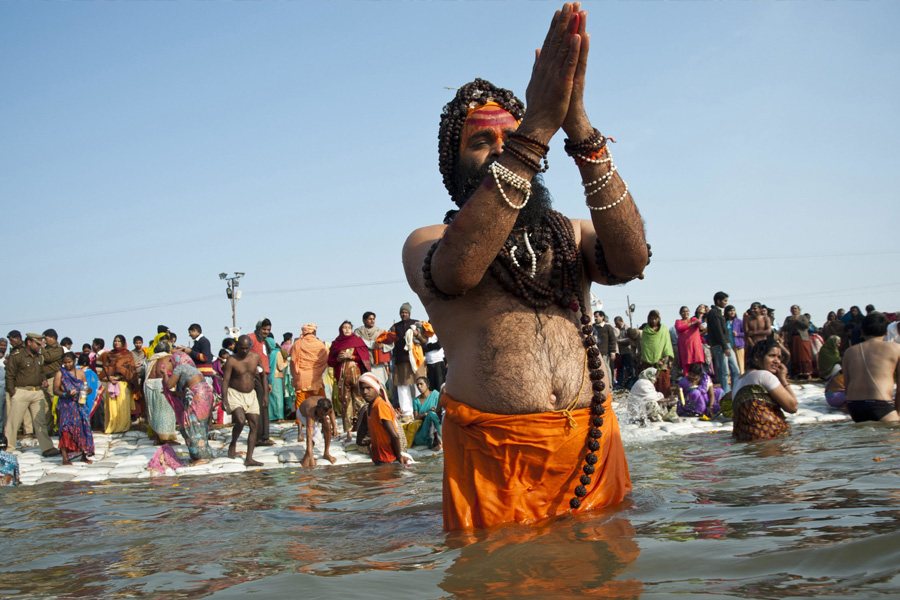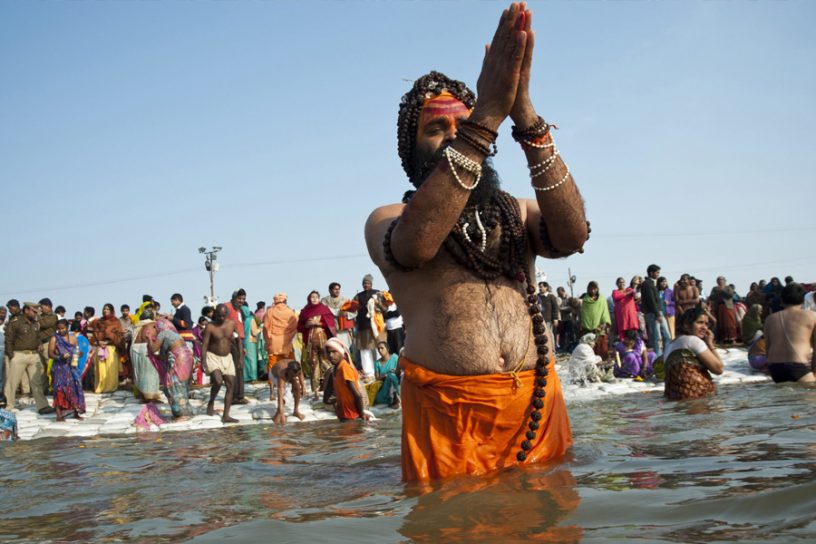
The rise of coronavirus is unprecedented and the belief of immunity from faith is quite far from the fact, says the author.
Author
Chetan Sinha, Associate Professor Psychology, Jindal Global Law School, O.P. Jindal Global University, Sonipat, Haryana, India.
Summary
The recent wave of coronavirus pandemic across the world has a deep impact on the people’s lives and they tried to resolve, as in the time of dearth of vaccines, by aligning with their cultural myths and faiths.
One of the most interesting cases that we encountered recently is people taking bath during Kumbh mela in Uttarakhand, as a matter of their religious faith which also induced a carefree attitude towards the current pandemic. This was indeed politically motivated and logically construed by the authority.
In Varanasi, where there was a view emanating out of common sense understanding about the Ganges water that those who live around Ganges and utilize its water in whatever form are better in their immune system. Though the current data of the pandemic rise showed a contrary picture.
This was also seen in the way people engage with the river water during the festive season such as Holi. This has a wider implication on the pollution discourse also. It is in the religious myth that Ganga river water has a curative role both in terms of one’s sin and to the health. Though this view doesn’t come under the scientific criteria and there is no scientific proof of it. The association of people with Ganga also shows the collectivity and peoples activation of social identity.
The religious factor is undeniably important in forming the social discourse where Ganga river is taken as mother and people recite often as ‘jai ganga maiyaa’ (Obeisance to mother Ganges).
This itself shows the correlation between one’s deep-seated association with Ganga river and their derivation of efficacy to deal with the disease. Recently, during the Covid-19 times, the notion that Ganga river water has a curative value became popular. People were showing confidence in their cultural values, their memory and association with Ganga.
To some extent it reminds us of social identity theory (Tajfel & Turner, 1979) which marked the importance of value, emotion and knowledge about one’s membership and association with the social group. This also reminds us of the way social identity theory as an authentic theory of oppressed and marginalized, carried the agenda of social change forward differentiating itself from other essentialists’ approach.
Published in: Mainstream Weekly
To read the full article, please click here.


